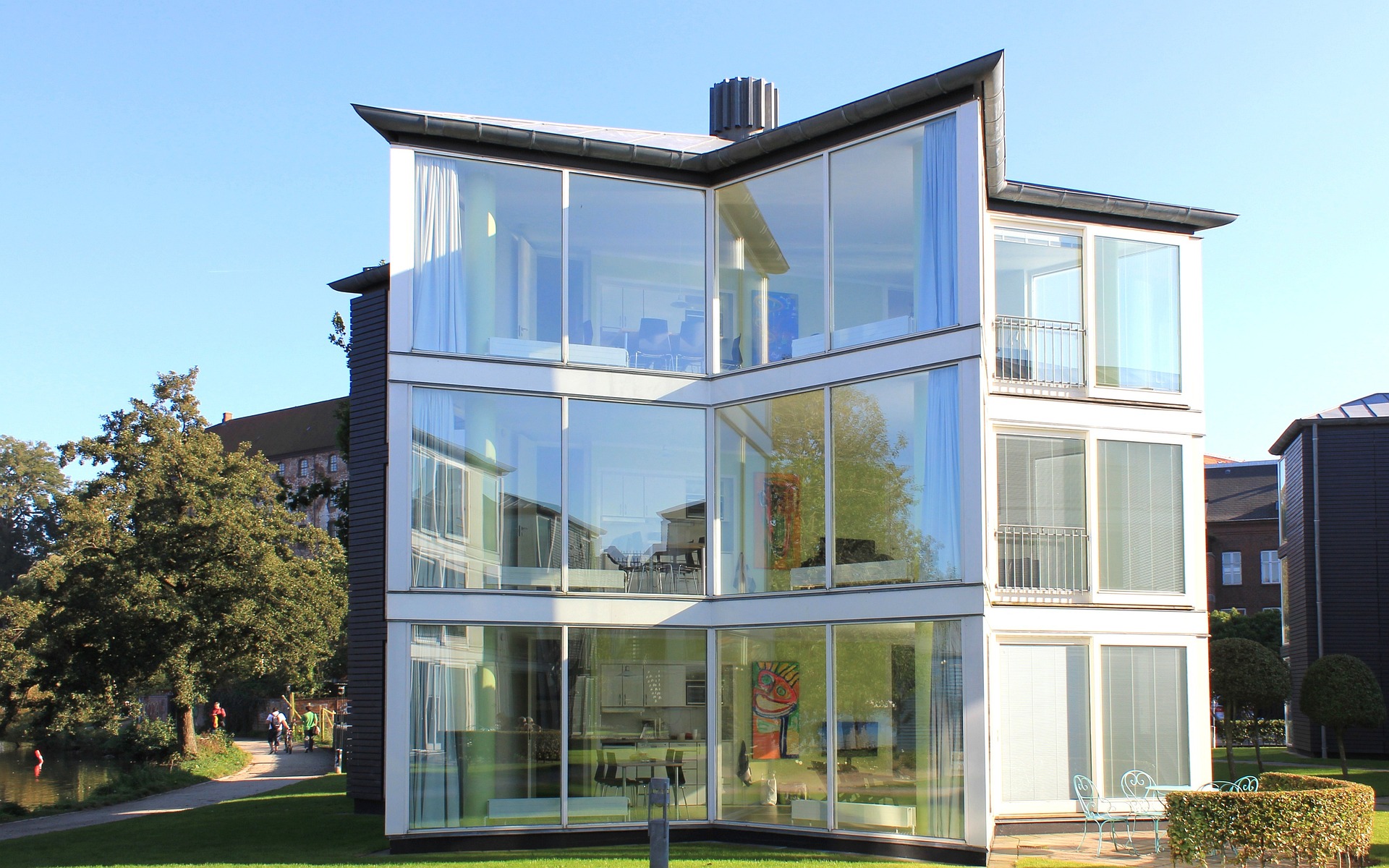Music Production Courses: Learn to Create Your Own Music
Music production is an art that combines creativity, technique, and technology to bring new compositions to life. With the advancement of digital technology, music production has become more accessible to anyone interested in creating their own music, whether professionally or as a hobby. For those who want to learn music production from scratch or refine their skills, music production courses offer an excellent training opportunity.

What are the key components of music production courses?
Music production courses typically cover a wide range of topics essential to creating professional-quality music. These components often include audio recording techniques, sound design, mixing and mastering, digital audio workstation (DAW) operation, music theory, and arrangement. Students learn how to use industry-standard software and hardware to capture, manipulate, and polish audio. Many courses also delve into the business side of music production, covering topics such as copyright law, music licensing, and marketing strategies for independent artists.
How can you explore top music production courses?
To explore top music production courses, start by researching reputable institutions and online learning platforms that offer comprehensive programs. Look for courses taught by experienced industry professionals and those that provide hands-on experience with industry-standard tools. Read reviews from past students and compare course syllabi to ensure they cover the areas you’re most interested in. Some top-tier music schools and conservatories offer specialized production courses, while online platforms like Coursera, Udemy, and Berklee Online provide flexible learning options for students worldwide.
What are the benefits of learning music production with industry experts?
Learning music production with industry experts offers numerous advantages. These professionals bring real-world experience and insider knowledge to their teaching, providing students with practical insights that go beyond textbook learning. Industry experts can offer guidance on current trends, techniques, and technologies used in professional studios. They often share personal anecdotes and case studies from their careers, helping students understand the challenges and opportunities in the music industry. Additionally, learning from experts can sometimes lead to networking opportunities and potential career connections.
How do online music production courses compare to in-person classes?
Online music production courses offer flexibility and accessibility that traditional in-person classes may not provide. Students can learn at their own pace, replay lessons, and access course materials from anywhere with an internet connection. This format is particularly beneficial for those with full-time jobs or other commitments. However, in-person classes offer the advantage of immediate feedback, hands-on equipment training, and direct interaction with instructors and peers. Some hybrid courses combine online learning with occasional in-person workshops or studio sessions, offering the best of both worlds.
What unique opportunities do music production courses offer?
Music production courses often provide unique opportunities beyond standard curriculum. Many programs offer access to professional-grade recording studios and equipment, allowing students to gain hands-on experience with tools they might not otherwise have access to. Some courses feature guest lectures from renowned producers or artists, providing valuable industry insights. Collaborative projects are common, giving students the chance to work with peers from various musical backgrounds. Additionally, some programs offer internship placements or mentorship opportunities with established studios or production companies, helping students build their professional networks.
How do different music production courses compare in terms of content and cost?
Music production courses vary widely in terms of content depth, duration, and cost. To provide a clearer picture, let’s compare some popular options:
| Course Provider | Course Type | Duration | Key Features | Estimated Cost |
|---|---|---|---|---|
| Berklee Online | Certificate Program | 12 weeks | Comprehensive curriculum, college credits | $1,497 per course |
| Point Blank Music School | Diploma | 6-12 months | Industry-recognized certification, 1-on-1 tutorials | $13,950 - $26,950 |
| Udemy | Individual Courses | Self-paced | Affordable, wide range of topics | $19.99 - $199.99 per course |
| Coursera (Berklee) | Specialization | 5 months | University-backed, flexible schedule | $49/month subscription |
| Abbey Road Institute | Diploma | 12 months | Prestigious studio access, intensive training | Approx. $17,000 - $25,000 |
Prices, rates, or cost estimates mentioned in this article are based on the latest available information but may change over time. Independent research is advised before making financial decisions.
In conclusion, music production courses offer a structured path to mastering the art and science of creating music in the digital age. Whether you’re a beginner looking to explore the basics or an experienced musician aiming to refine your production skills, there’s likely a course that fits your needs and budget. By carefully considering your goals, resources, and preferred learning style, you can choose a music production course that will help you turn your musical vision into reality.




